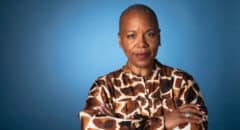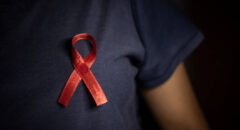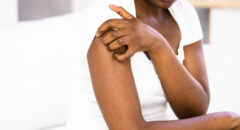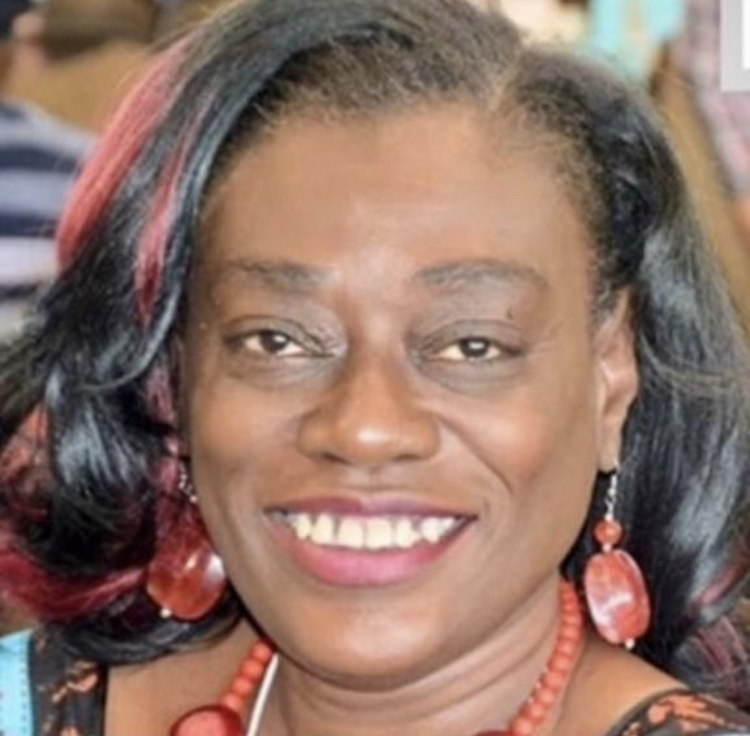
Veronica Brisco has been living with HIV since 1999. Her journey began in Columbia, where she encountered a stark reality: rural areas often lack access to crucial health services needed to truly thrive and survive.
Alongside her supervisor Dr. Gaddist, co-workers Deadra and Elizabeth, together they initially worked in the Columbia Metropolitan area on different activities, however as Brisco began to develop relationships with other women she noticed a pattern of women in rural communities facing barriers such as limited transportation, fear of encountering acquaintances at clinics, and a general lack of resources.
She recalls, "We found that a lot of the same things were happening in rural areas—no access to transportation, no access to health services."
Determined to make a difference, Brisco and the team launched the Women's Empowerment Academy, with a focus on reaching women in rural areas.
"We tried to focus on most of the rural areas because of so many negative social determinants to health. We did that because of the lack of access—no access to transportation, no access to health services," she adds.
Despite the challenges, they persisted, utilizing creative solutions to bridge the gap. When the COVID-19 pandemic struck, Brisco pivoted to online platforms, hosting games like Jeopardy and Wheel of Fortune to engage with women and others remotely.
She reflects, "When COVID hit, we started doing games online. But what we found were other barriers in rural areas such as no internet access or no computer, no laptop, and sometimes not even a phone with internet access."
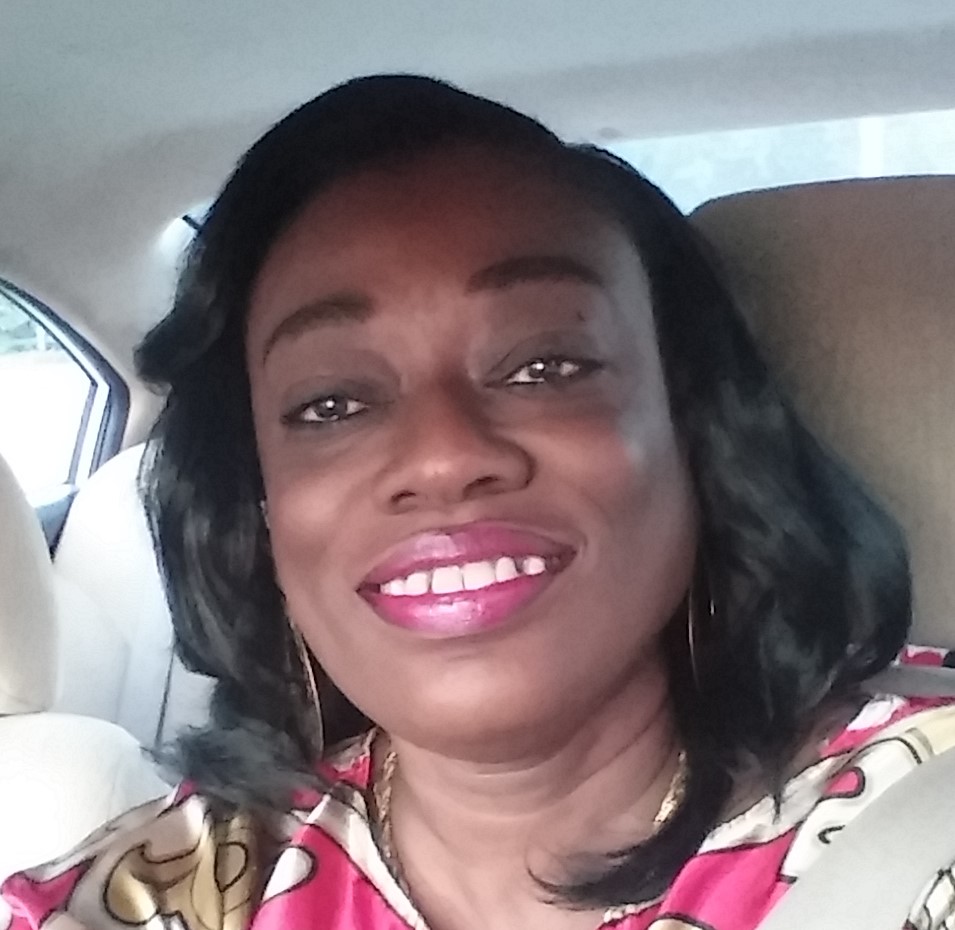
In response, Brisco collaborated with the AIDS Healthcare Foundation (AHF), the Positive Women’s Network (PWN) Organization and the A Family Affair (AFA) Organization to provide tablets with internet service to women in need.
She explains, "We got at least six women some tablets with internet service so that they could now participate in the different meetings, the different zooms, and different activities."
Brisco’s efforts highlight the resilience of women in rural communities and the importance of addressing not just the medical aspects of HIV, but also the social and economic barriers that can impact treatment and care. Brisco is a firm believer in a holistic approach to healthcare.
Through her work, Brisco is breaking down stigma and showing that “with support and determination, anything is possible.” Always remembering the words of her father when she was first diagnosed, “You can choose to live or you can choose to die.” Brisco decided to Live.
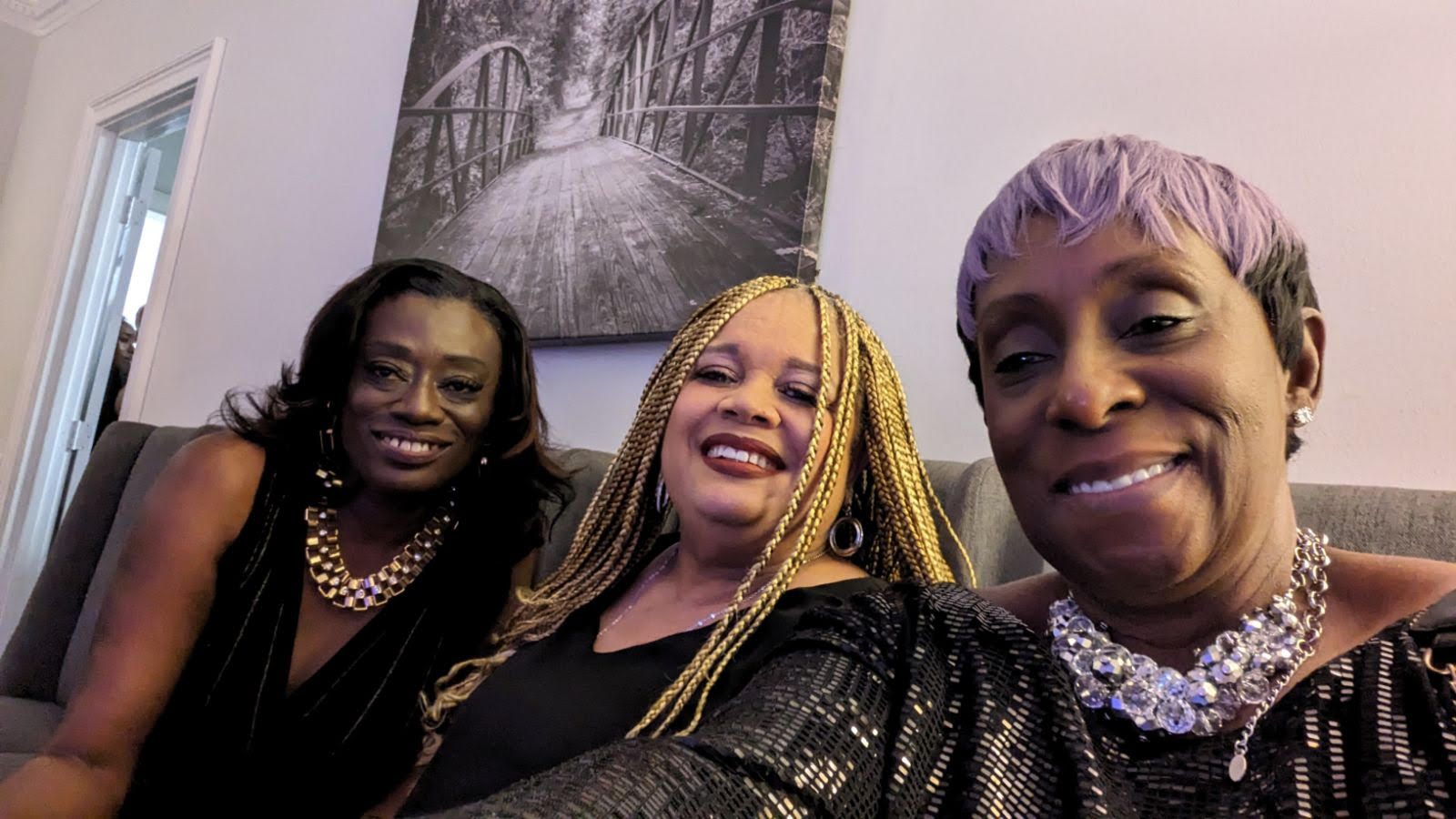
As Brisco continues her journey, she serves as an inspiration to others living with HIV and a beacon of hope for those facing similar challenges. Her story reminds us that no barrier is insurmountable and that by working together, we can create a more inclusive and supportive world for all.
Brisco's story is a powerful reminder of the resilience and strength of Black women facing HIV in rural communities. Her work with the Women's Empowerment Academy highlights the importance of addressing not just the medical aspects of HIV but also the social and economic barriers that can impact treatment and care.
For Black women living with HIV or facing similar challenges, here are some tips inspired by Brisco's journey:
- Seek Support: Connect with local organizations or support groups that can provide resources and a community of understanding individuals.
- Stay Informed: Educate yourself about HIV and the available treatments to make informed decisions about your health.
- Advocate for Yourself: Don't be afraid to speak up and ask for the care and resources YOU need. Your health and well-being are important.
- Utilize Available Resources: Look for creative solutions to overcome barriers, such as online platforms for access to information and support.
- Stay Connected: Stay connected with healthcare providers and support networks to ensure you're receiving the care and support YOU need.
Remember, you are not alone, and with support and determination, you can overcome any challenge.



